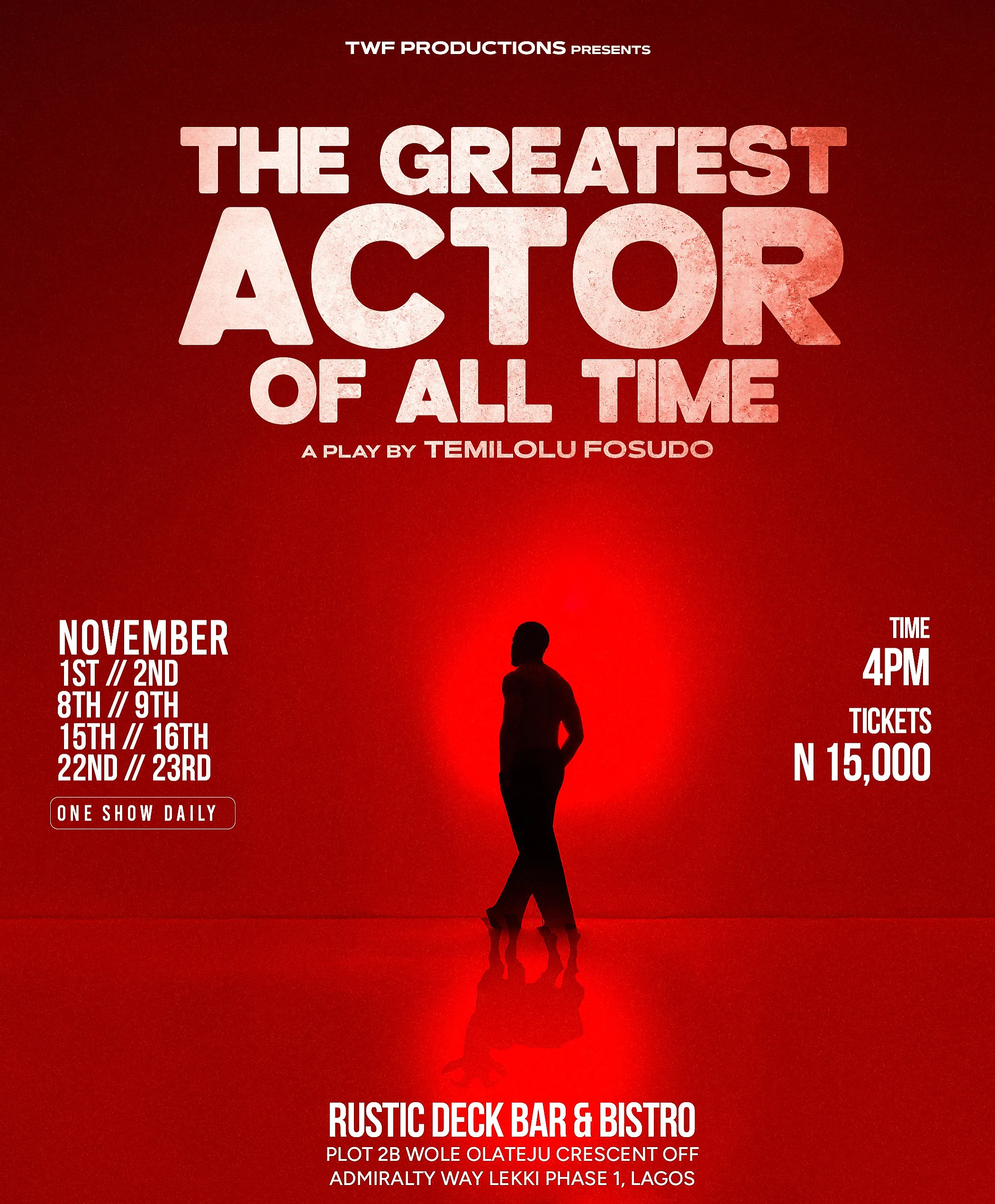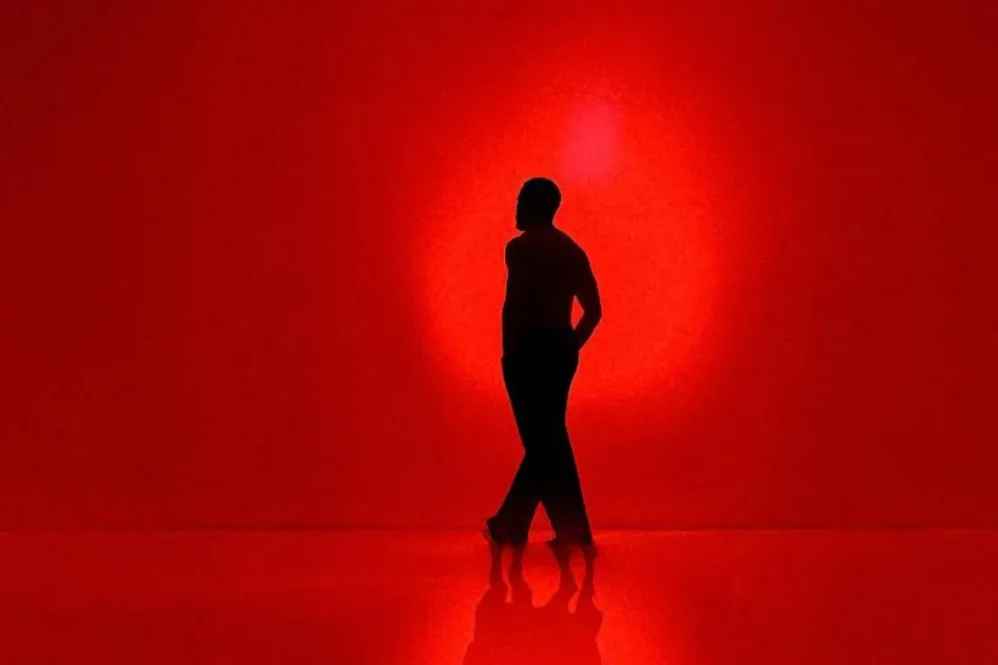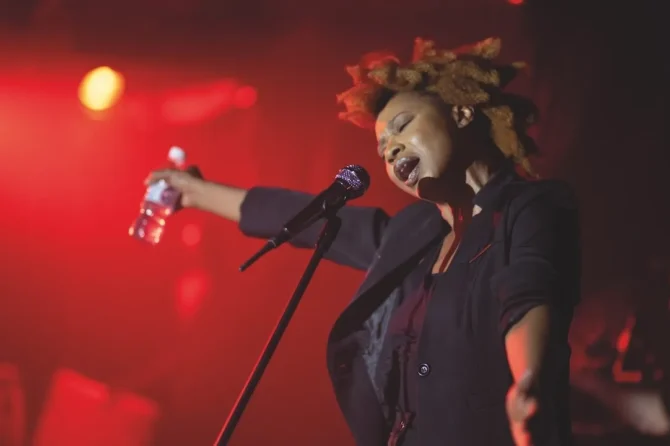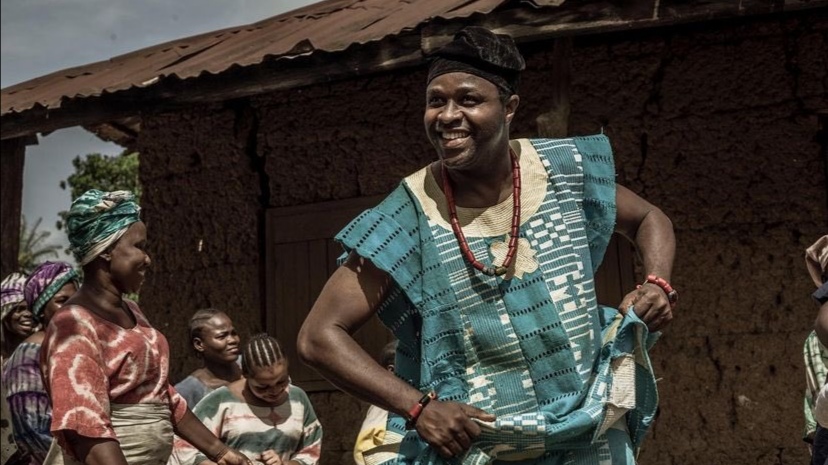When artists cannot change the world, they bicker.
Functioning otherwise as actor, writer and co-producer on the project, Temilolu Fosudo brings an energy easy to root for in his directing of this three-man hassle that touches on the meaning of art to an artist, the worthiness of an artist in relation to the tag, the spiritual place of artists in society, and many more well-discussed things in between. Culled from the cast and crew of three’s experiences in theatre—and film education and professional practice, the play’s charm is drawn chiefly from its ability to take on such lofty topics in the measly hour the whole action hovers around and the teetering hope that the lead character Sina Awosika (played by ‘Chukwu Martin) doesn’t grate or worse, bore you with his outbursts at some point in this venture.
(Click to Follow the What Kept Me Up channel on WhatsApp)

The action opens in the only place a struggling artist is legally allowed to live: an apartment shared by Sina and his foil and friend Yusuf (played by the aforementioned Fosudo). Sina muses about the rewards of a career not yet lived but no less vivid in its visage or gripping in its hold. A career in acting that he envisages will have awards and acclaim for talents he has not really showcased since his heyday in university theatre.
This segues into a conversation with Yusuf, an actor in his own right who is less precious about the craft and goes through the horrific drudgery of performing for Nollywood, an industry which as presently constituted, Sina thinks beneath the talents of any true lover of the arts. At any rate, Yusuf ignores the naysayer and exits downstage to pursue some role at an audition in town, leaving our sensitive savant to regale us with a downright evangelical take on his own greatness.
Enter his sister and benefactor Funmi Awosika (Wumi Tuase-Fosudo), a perpetually tired presence with a “job to die for” looking for something, that though the play never quite gets around to verbalising in the same way it does for Sina and Yusuf, we can instinctively conclude is attention. Weary of fending for her eternally unemployed brother and their aged father, she implores him to do something with his talents or risk losing her benefaction.
She even offers him an opportunity to cast the news. He, as expected, dismisses the meanness of such a grift but is deeply affected by the affront on his talents and perhaps, whatever masculinity a shapeshifter can call on. Consequently, upon Yusuf’s exultant return from the successful audition, he decides to hitch a ride on his friend’s bus and pitch a film idea to a bigshot producer on the condition that he plays the lead character in said film. As expected, this backfires as everyone knows that Nigerian film producers care little for dreamers and even less for what actors might want.
Things come to a head in the explosive and moving final argument between the friends where all the expected and already amply implied accusations are flung into faces with rage that feels genuine but loses some relevance due to repetition and sudden gravity. In essence, the friends break an already fragile relationship with screamed levels of artistic fraudulence manifested through the particular lens each man wears.
With its bare, Grotowski-esque design, the play occupies itself wholly with the cynical and frankly laughable hubris that rules Sina’s every waking moment and how that situation brings out the worst in everybody else. The acting is intense. It does need to be intense for such a short and otherwise colourless affair and thankfully, it delivers often, perhaps to the detriment of the enunciation of context.
The references to great works and great workers abound and for anyone with a heart for the theatre, are a boon. If you’re an artist, all the better as it ensures that you will leave with not a little dose of guilt lodged into the pits of your being as your art roils violently against your stomach. What are the ethics of this craft? What should artists faced with the dissolution of their ideals do? Fosudo answers none of these questions but he asks them anyway. On bleak days like the ones we currently live in, that’s enough, maybe.
Thankfully for us all, this questioning of la grande esthétique will continue on a show-per-day basis through the first four weekends of November at the charming lagoon-side affair at the Rustic Deck in Lekki, often mistaken as an important suburb of Lagos.
Become a patron: To support our in-depth and critical coverage—become a Patron today!
Join the conversation: Share your thoughts in the comments section or on our social media accounts.




